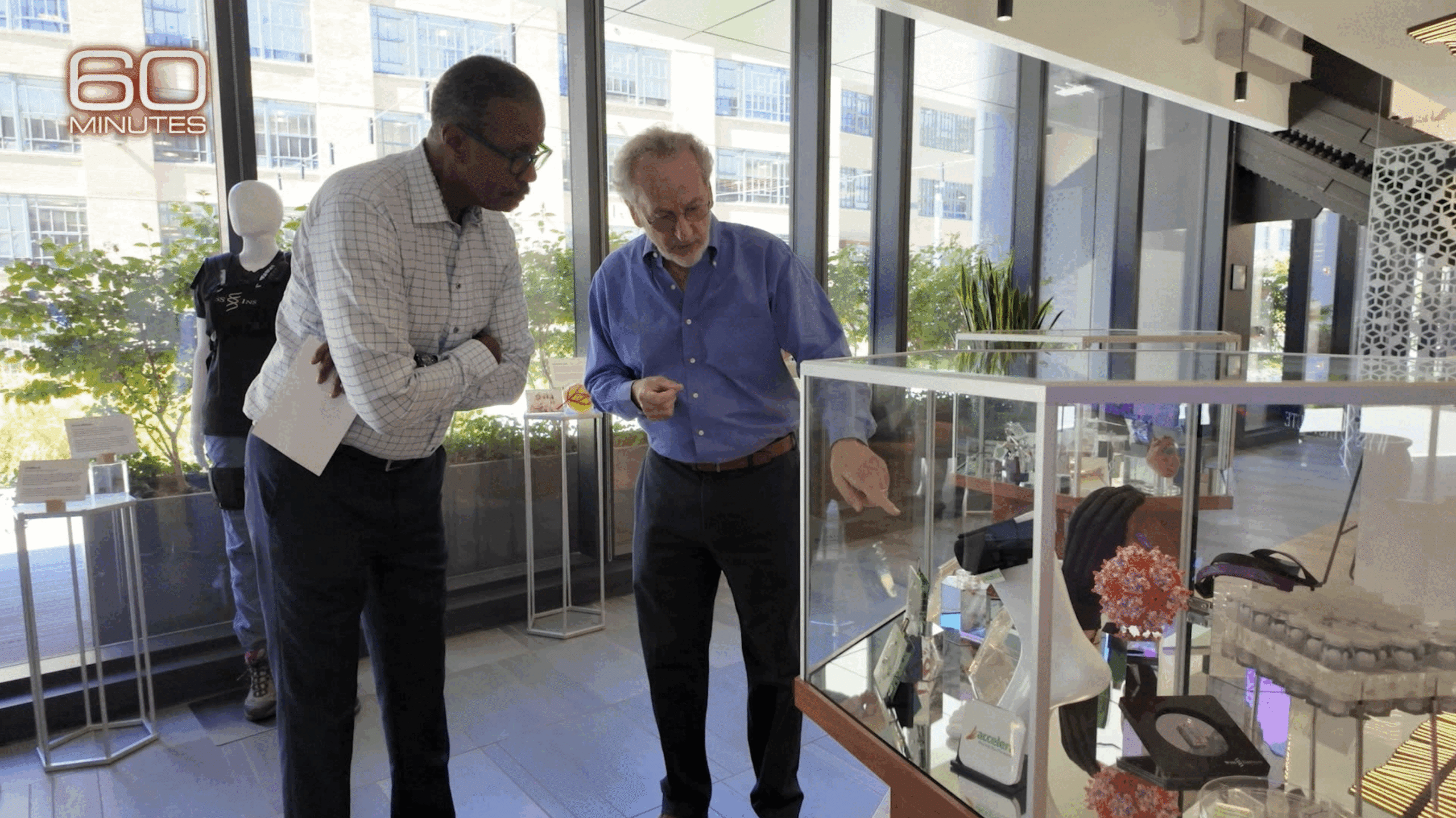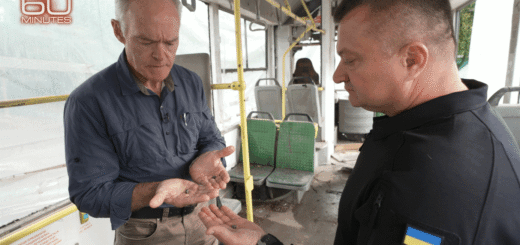“Collateral Damage”: 60 Minutes Examines the High-Pressure Battle Inside University Labs

The Collateral Damage segment on 60 Minutes examines a conflict taking shape at the intersection of politics, education, and scientific discovery. At Harvard University, researchers find themselves navigating a shifting landscape after President Trump accused elite universities of harboring liberal bias and antisemitism. These allegations have come with a warning: federal research funding—one of the core pillars of American scientific progress—may be withdrawn unless institutions make changes. The segment explores this tension, but the deeper context reveals a larger struggle over who shapes the direction of science and how political decisions can ripple far beyond campus walls.
Federal grants support much of the groundbreaking medical and technological research conducted in the United States. Without that funding, universities lose not just the ability to innovate, but the infrastructure that allows them to train the next generation of scientists. The threat to cut support represents more than a political message; it signals a potential restructuring of the nation’s research ecosystem.
- 60 Minutes Reports on “The Family Farm”, “Collateral Damage” & “The Indomitable Margaret Atwood” November 9 2025
- “The Family Farm”: 60 Minutes Reveals the Hidden Cost of the Trade War on Farmers
- The Indomitable Margaret Atwood: 60 Minutes Explores the Mind Behind a Cultural Icon
The Stakes for Life-Saving Innovation
Harvard’s research facilities have long been home to projects aimed at developing treatments, cures, and preventive tools for some of the world’s most challenging diseases. Many of these endeavors rely on multi-year federal grants—funding that cannot easily be replaced by private donors or internal university resources. The scientists interviewed in the 60 Minutes segment express concern that uncertainty alone can jeopardize progress. Experiments that require long-term consistency cannot pause for political disputes without risking setbacks or failed outcomes.
The United States maintains a leading role in global science partly because of its extensive funding network, which allows researchers to pursue ambitious work without immediate commercial justification. Threats to that support reverberate far beyond Harvard’s laboratories. They affect partnerships with hospitals, collaborations with other institutions, and studies that have the potential to save lives.
Academic Freedom Under Pressure
Research institutions operate on the principle that scientific inquiry must remain independent from political influence. The concerns raised in the segment reflect a worry that this independence is eroding. When funding becomes tied to ideological alignment, scientists fear that research directions could shift toward what is politically favorable rather than what is medically or technologically necessary. This dynamic can discourage bold inquiry and limit the diversity of ideas essential for innovation.
The environment becomes especially fraught when accusations carry high-profile visibility. Harvard’s researchers described the psychological toll of working under scrutiny, unsure whether their projects remain safe from abrupt policy shifts. The uncertainty affects recruitment as well, since promising young scientists may think twice about joining institutions facing politically motivated disruptions.
The Broad Impact on Higher Education
While the 60 Minutes story centers on Harvard, the situation reflects challenges that extend across the country. Universities large and small depend heavily on federal funding to sustain research programs. If political pressure shapes the distribution of grants, institutions that traditionally lead scientific advancement could find themselves weakened. Smaller universities, which often rely even more heavily on federal support, may be disproportionately affected.
This strain could also impede the pipeline of scientific talent. Graduate students and postdoctoral researchers depend on federally funded projects for scholarships, stipends, and hands-on experience. When those projects are threatened, education and training are disrupted, delaying progress for an entire generation of emerging scientists.
A Potential Shift in the National Research Landscape
If the standoff escalates, the United States risks losing its competitive edge in fields where it has historically excelled, such as biotechnology, pharmaceuticals, physics, and engineering. Countries with more stable research environments could become attractive alternatives for top scientists. Brain drain—long considered a marginal risk—becomes a real possibility when uncertainty undermines the promise of steady, well-supported research careers.
The tension also raises questions about how much influence the federal government should wield over private academic institutions. While accountability remains an important aspect of public funding, scientists interviewed in the segment argue that research quality—not political alignment—should dictate funding decisions. The balance between oversight and autonomy is delicate, and the current conflict places it under intense strain.
A Turning Point for American Science
Collateral Damage underscores a pivotal moment for scientific research in the United States. The segment reveals how political decisions can reach into laboratory benches and research centers, altering the trajectory of work that affects millions of lives. Harvard’s scientists find themselves not just advocating for their projects, but for the broader principle that research must remain insulated from political pressure to thrive.
As the debate continues, the nation stands at a crossroads. The strength of American science has long rested on stable funding, academic freedom, and the ability of researchers to follow evidence wherever it leads. Whether those foundations hold will determine the future of innovation, medical discovery, and the country’s position as a global scientific leader.
More 60 Minutes November 9 2025
- 60 Minutes Reports on “The Family Farm”, “Collateral Damage” & “The Indomitable Margaret Atwood” November 9 2025
- “The Family Farm”: 60 Minutes Reveals the Hidden Cost of the Trade War on Farmers
- The Indomitable Margaret Atwood: 60 Minutes Explores the Mind Behind a Cultural Icon
More Feature Articles
- “The Trouble in Bardstown”: Dateline Explores Crystal Rogers Case November 7 2025
- “You Took My Daughter”: 20/20 Reports on Holley Wimunc Homicide November 7 2025
- “The Han Family Murders”: 48 Hours Revisits a Chilling Triple Homicide November 8 2025
- “Christy Martin – The Fight of Her Life”: 48 Hours Reports November 8 2025
- 60 Minutes Reports on “The Family Farm”, “Collateral Damage” & “The Indomitable Margaret Atwood” November 9 2025







